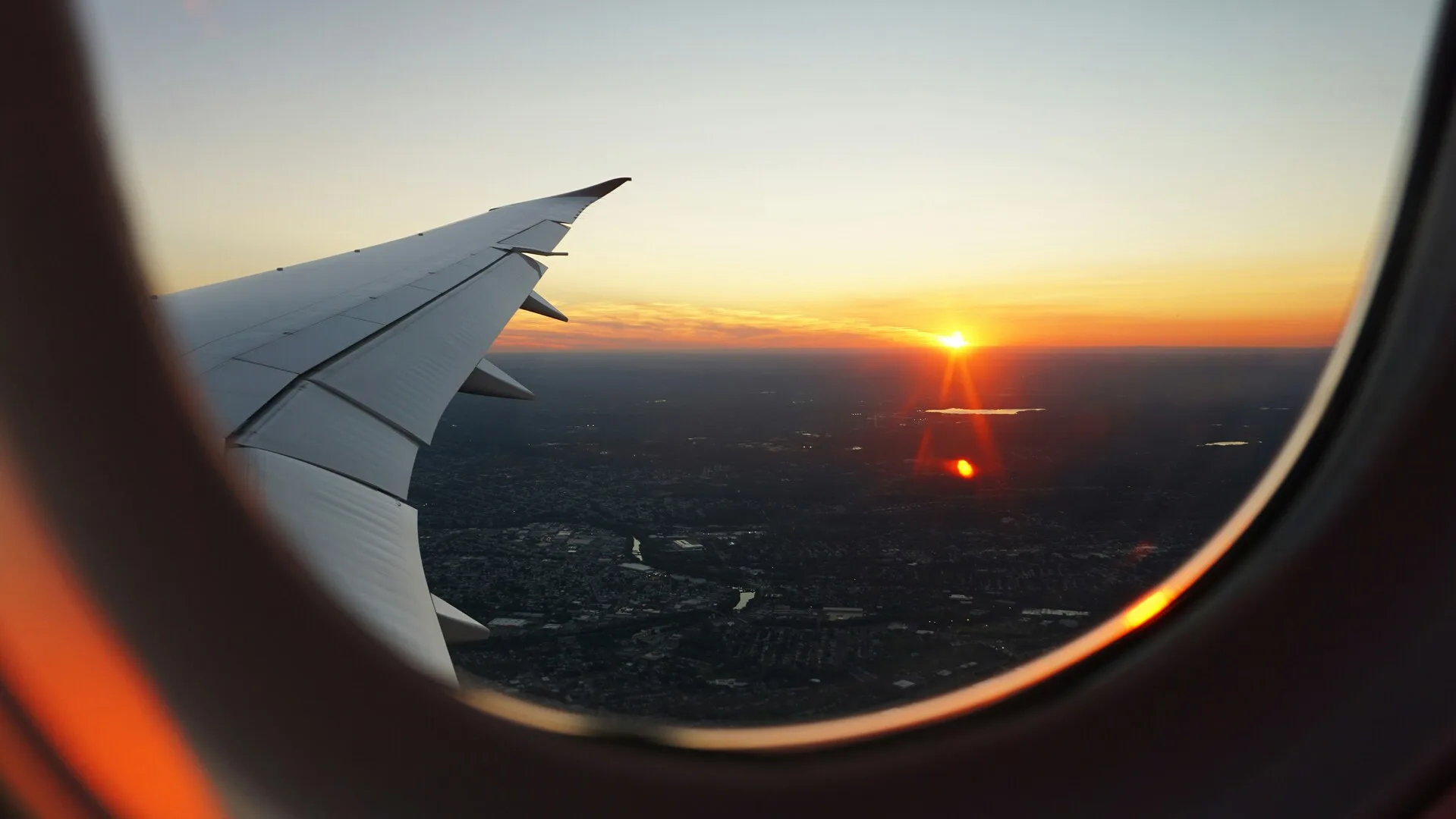Starting a Working Holiday Visa (WHV) adventure is a rewarding experience, but it requires careful preparation, especially financially. Having a clear idea of the budget needed before leaving is essential to enjoy this adventure with peace of mind. In this article, we guide you through the different steps to prepare your budget for a WHV and give you tips to save before, during, and after your stay.
The salary you will earn during your WHV depends on the type of work you do and the country you are in. Here is an overview of average salaries and minimum hourly rates in several popular destinations for WHV holders:
- Minimum wage: about 24.95 AUD per hour (around €14.23).
- Average salary: AUD 7,500/month (around €4276,73), depending on the job type and region.
Australia is known for offering relatively high wages, especially in hospitality, construction, agriculture, and services.
For example, a hospitality worker can earn between 25 and 30 AUD per hour depending on experience and hours worked (with bonuses for holidays or night shifts).
- Minimum wage: about 23.50 NZD per hour (around €11,69).
- Average salary: 5,487.73 NZD per month (around €2728), depending on the job and region.
In New Zealand, wages are also attractive, notably in agriculture, tourism, and hospitality. Seasonal jobs on farms or vineyards, popular with WHV holders, can pay between 900 and 1,200 NZD per week if working full-time.
- Minimum wage: 1,121 JPY per hour (around €6.17), depending on the prefecture.
- Average salary: 472,000 JPY per month (around €2596).
In Japan, wages vary greatly depending on the type of work and location. In Tokyo, for example, jobs in hospitality or teaching can offer relatively high wages, ranging from 1,200 JPY to 2,000 JPY per hour, while positions in rural areas may pay less but also have a lower cost of living. This shows that the budget for a WHV varies depending on your situation and the country you go to.
- Minimum wage: Varies by province but federal is around 17.75 CAD per hour (about €11).
- Average salary: 5,200 CAD per month (around €3227).
Canada, with its many opportunities in hospitality, construction, and administration, offers competitive wages. Salaries may vary by province and sector, with provinces like Alberta and British Columbia offering higher wages than more rural areas.
The total cost of your Working Holiday Visa depends heavily on the country you are going to. Some countries are more affordable than others, based on local living costs, offered wages, and administrative expenses (visa, insurance, etc.). Here is an estimate of costs for some popular destinations:
- WHV Visa: Around 670 AUD (~€400).
- Round-trip airfare: Around €1,200 to €1,800.
- Cost of living (housing, food, transport): €1,500 to €2,500 per month depending on the city (big cities like Sydney and Melbourne are more expensive).
- Insurance: Around €400 to €600 for a full year.
- WHV Visa: Around 455 NZD (~€250).
- Round-trip airfare: Around €1,000 to €1,500.
- Cost of living: €1,200 to €2,000 per month depending on the city (Wellington and Auckland are the most expensive).
- Insurance: Around €400 to €600 for one year.
- WHV Visa: The Japan WHV is free, but you will have to consider some costs: For the visa application, you must have at least €4,500 in a bank account.
- Round-trip airfare: Around €600 to €1,200.
- Cost of living: €1,200 to €2,000 per month depending on the city (Tokyo being the most expensive).
- Insurance: Around €400 to €600.
- WHV Visa: Around 357 CAD (~€235). You must prove minimum savings of 2,500 CAD to go on a WHV in Canada. Proof of funds, like a bank statement, will be required upon arrival.
- Round-trip airfare: Around €600 to €1,200.
- Cost of living: €1,500 to €2,500 per month depending on the city (Vancouver and Toronto being the most expensive).
- Insurance: Around €400 to €600.
These estimates can vary depending on many factors such as your lifestyle, the type of accommodation chosen (shared housing, hostel, etc.), and the city you settle in. It is therefore essential to carefully prepare your budget for a WHV before traveling.
Note that civil liability insurance is included in the insurance policies of our partner Chapka Cap Student, and Cap Working Holiday as it is mandatory for internships and studies abroad. If you subscribe to Cap Student or Cap Working Holiday insurance online with our partner Chapka, you get an immediate 5% discount by clicking on one of the 2 links above!

The first step to finance your Working Holiday Visa is to prepare your budget well before departure. Here are some tips to save money and maximize your savings:
Start by determining how much you need to save to cover the first weeks or months abroad. Set a savings goal based on your chosen destination. Use budgeting apps to track your expenses and reduce unnecessary costs.
If you are still in France before leaving, try to increase your income sources. Finding a part-time job, freelancing, or selling items you no longer use are effective ways to accumulate funds.
Avoid impulse purchases and limit expensive outings a few months before departure. Cook more at home, limit your subscriptions (streaming, gym, etc.), and try to maximize your savings.
To save on plane tickets, accommodation, or insurance, use online price comparison tools. Book your tickets several months in advance to get the best rates.
Once on-site, managing your budget will be crucial to sustain your WHV adventure. Here are tips to avoid surprises and optimize your expenses.
Housing is often one of the largest expenses during a WHV. Opt for economical solutions such as shared housing, hostels, or shared apartments. You can also explore options like couchsurfing or woofing (working in exchange for accommodation) to save money.
Restaurant meals can quickly weigh down your budget. Cook as much as possible at home by buying local products and favoring discount supermarkets. In Australia or New Zealand, for example, it is common to buy food in bulk to reduce costs.
Transport can be expensive in some cities. Look into monthly public transport passes or bike-sharing options to cut your travel costs. In some cases, buying a used car can also be a worthwhile investment if you plan to travel frequently.
Start looking for a job as soon as you arrive to stabilize your finances. Many WHV holders find jobs in hospitality, catering, or retail. Explore our various WHV programs, depending on the destination, guaranteed job options are available!
Avoid unnecessary bank fees by opening a local bank account or using international bank cards that do not charge withdrawal or payment fees abroad. This can make a big difference in the long run.
Preparing your budget for a WHV is an essential step to ensure the success of your experience abroad. It requires some saving effort before departure and strict management once there, but with the right advice and tips, you can fully enjoy your adventure without worrying about finances.
Take the time to carefully study costs by country, save smartly before leaving, and adopt strict budget management once on-site. Thanks to these strategies, you will be able to live your WHV under the best conditions and maximize this unique experience.
Did you like this article ?
Share it on social media!
In this article :
Similar items
Our latest articles


